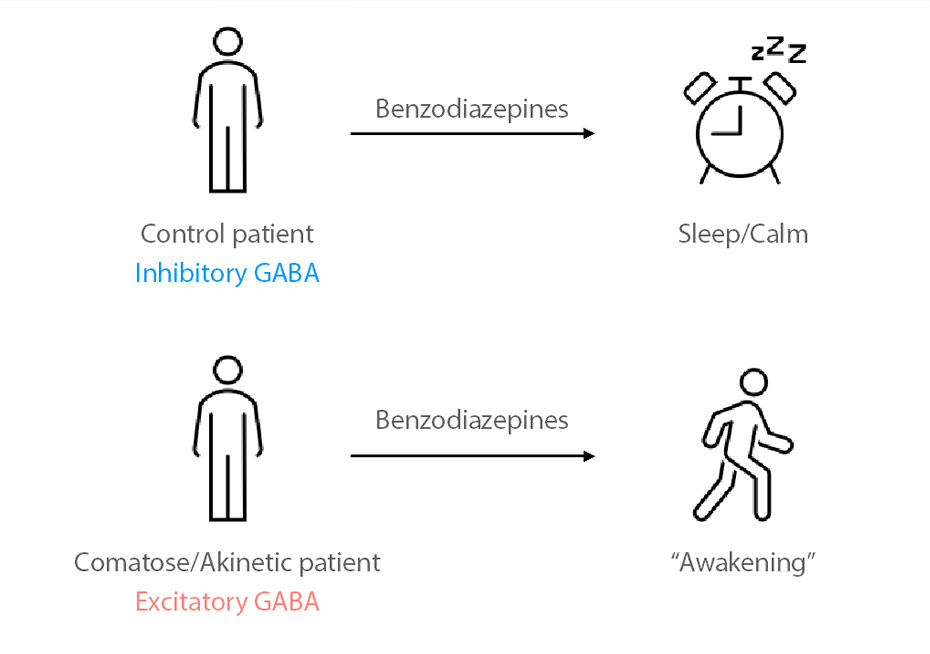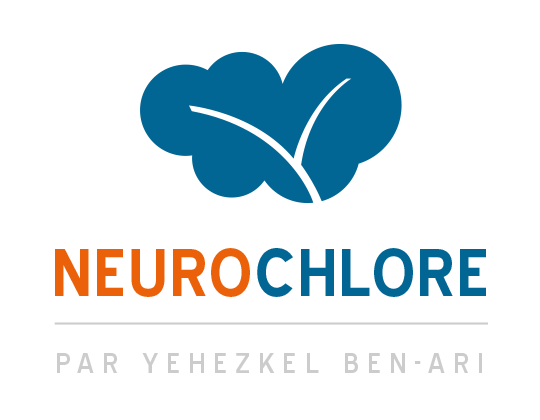News
Sleeping pills that cause “awakenings”?
How is it possible that drugs used to sedate or calm people, called Benzodiazepines, can induce transient awakenings in comatose patients? In our latest Commentary in Translational Medicine Communications Yehezkel Ben-Ari hypothesizes that a dysregulation of GABAergic activity underlies this seemingly contradictory effect. Extensive experimental work suggests that after brain damage and a large variety of cerebral disorders GABA, the main inhibitory transmitter in the brain, excites neurons via type A GABA receptors (GABAAR). In these conditions Benzodiazepines, which enhance GABAergic activity, will therefore facilitate the now excitatory action of GABA and induce the paradoxical effect observed of “awakening”. The activity of GABA is tightly correlated to intracellular chloride levels: when chloride is low, GABA -through GABAAR- is inhibitory; and when chloride is high, GABA is excitatory. Ben-Ari suggests that when Benzodiazepines induce “awakenings” an underlying dysregulation of chloride levels is present. Therefore, using Bumetanide, a highly selective antagonist of NKCC1, could help (alone or in combination with Benzodiazepines) the awakening state.

References : - Ben-Ari Y. Is the awakening produced by benzodiazepines due to excitatory actions of GABA? Translational Medicine Communications, 2021, 6:6. PDF version: https://rdcu.be/cflmy
Literature Review
- Sleeping pills that cause “awakenings”? 17 February 2021
- A new report on the promising use of Bumetanide treatment for autism 24 January 2021
- A Huntington’s disease study supporting the Neuroarcheology concept 16 August 2020
